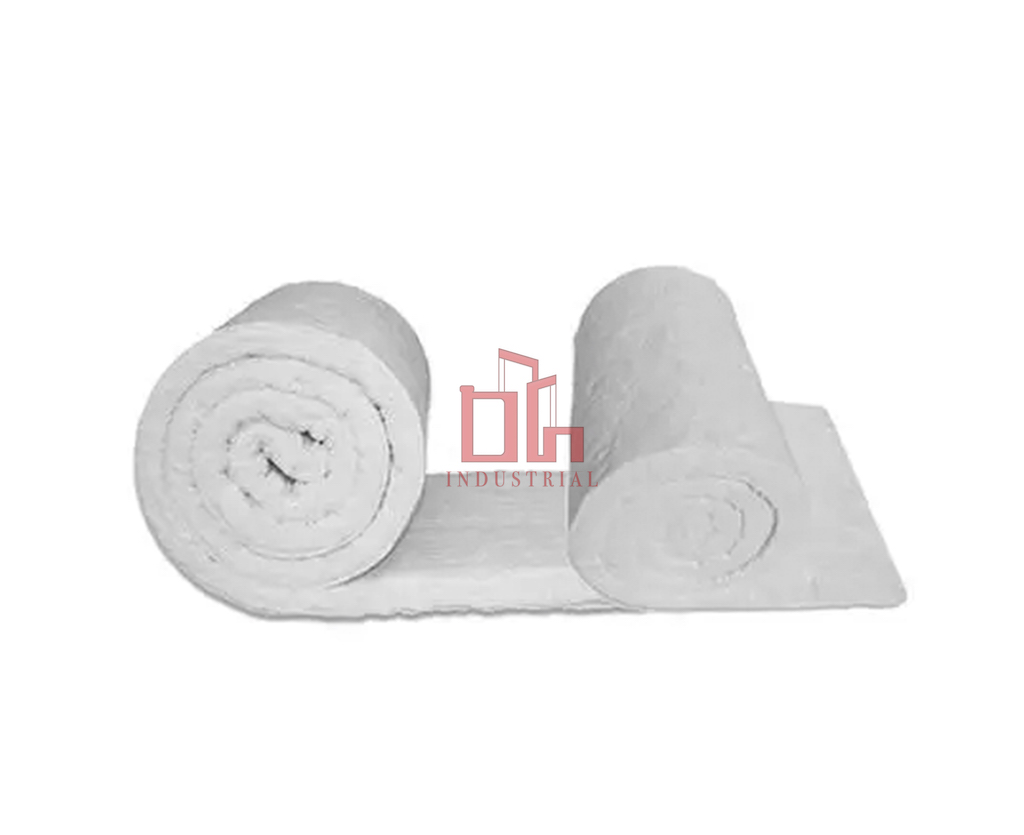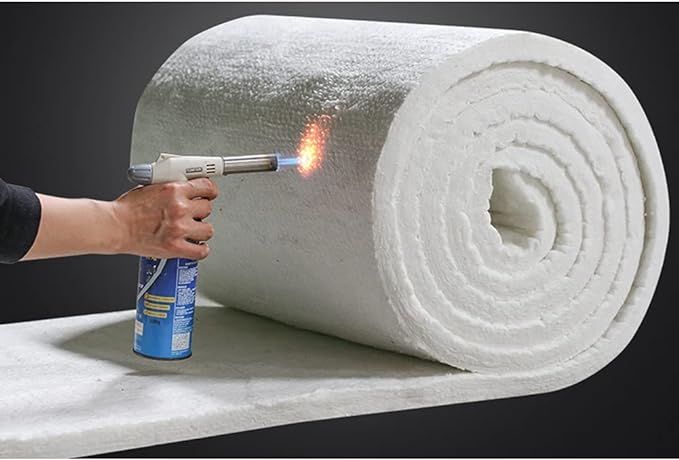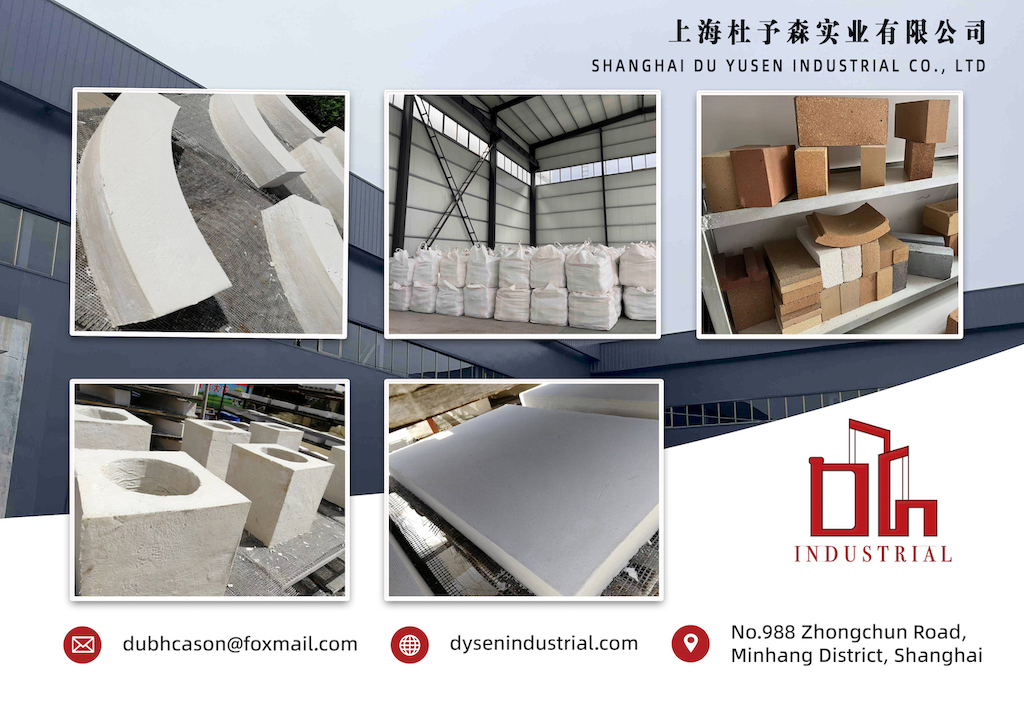Is Ceramic Fiber Truly Up to the Challenge?
Jan 09, 2024In the realm of heat-resistant materials, ceramic fiber stands out as a versatile and widely used solution. If you've ever wondered about its capabilities and applications, you're in the right place. Let's dive into the question on everyone's mind: Is ceramic fiber truly heat-resistant?

Understanding Ceramic Fiber:
Ceramic fiber is a lightweight, high-temperature insulation material known for its exceptional thermal stability and heat-resistant properties. Composed of alumina and silica, this fibrous material has become a cornerstone in various industrial applications, offering a unique combination of insulation, flexibility, and durability.
Heat Resistance at Its Core:
The primary allure of ceramic fiber lies in its ability to withstand extreme temperatures. The material boasts a high melting point and can endure temperatures well beyond those experienced in many industrial processes. This inherent heat resistance makes ceramic fiber an invaluable asset in industries ranging from manufacturing and metal processing to aerospace and beyond.
Applications in the Furnace of Industry:
Ceramic fiberfinds its stride in applications that demand resilience against intense heat. Furnaces, kilns, and ovens often utilize ceramic fiberinsulation due to its lightweight nature and remarkable ability to maintain structural integrity under prolonged exposure to high temperatures. This makes it an ideal choice for creating a protective barrier against the searing heat generated in these environments.

Flexibility and Thermal Insulation:
Beyond its heat-resistant nature, ceramic fiber exhibits flexibility and thermal insulation capabilities. This makes it suitable for lining equipment and structures where traditional materials might fail under thermal stress. Its fibrous structure allows for easy installation and adaptation to complex shapes, enhancing its versatility in various industrial settings.
Challenges and Considerations:
While ceramic fiber is a powerhouse in heat resistance, it's essential to consider factors such as proper installation and maintenance. Over time, wear and tear can affect its performance, emphasizing the importance of regular inspections and addressing any issues promptly to ensure continued effectiveness.
Environmental and Chemical Resistance:
Apart from heat, ceramic fiber also demonstrates resistance to chemical corrosion and degradation. This property extends its service life in environments where exposure to aggressive chemicals is a concern, adding another layer to its overall durability.
Conclusion:
In answering the question, "Is ceramic fiber heat-resistant?" the resounding answer is yes. Its remarkable ability to withstand extreme temperatures, coupled with flexibility and insulation properties, positions ceramic fiber as a frontrunner in heat-resistant materials.
As you explore the possibilities of ceramic fiber for your industrial applications, remember that its efficacy is optimized through proper installation, regular maintenance, and adherence to safety guidelines. Embrace the heat-resistant revolution with ceramic fiberand unlock a new level of performance in your thermal processes.
Stay informed, stay innovative, and stay heat-resistant with ceramic fiber!
Shanghai Du Yusen Industrial Co., Ltd

Tags :